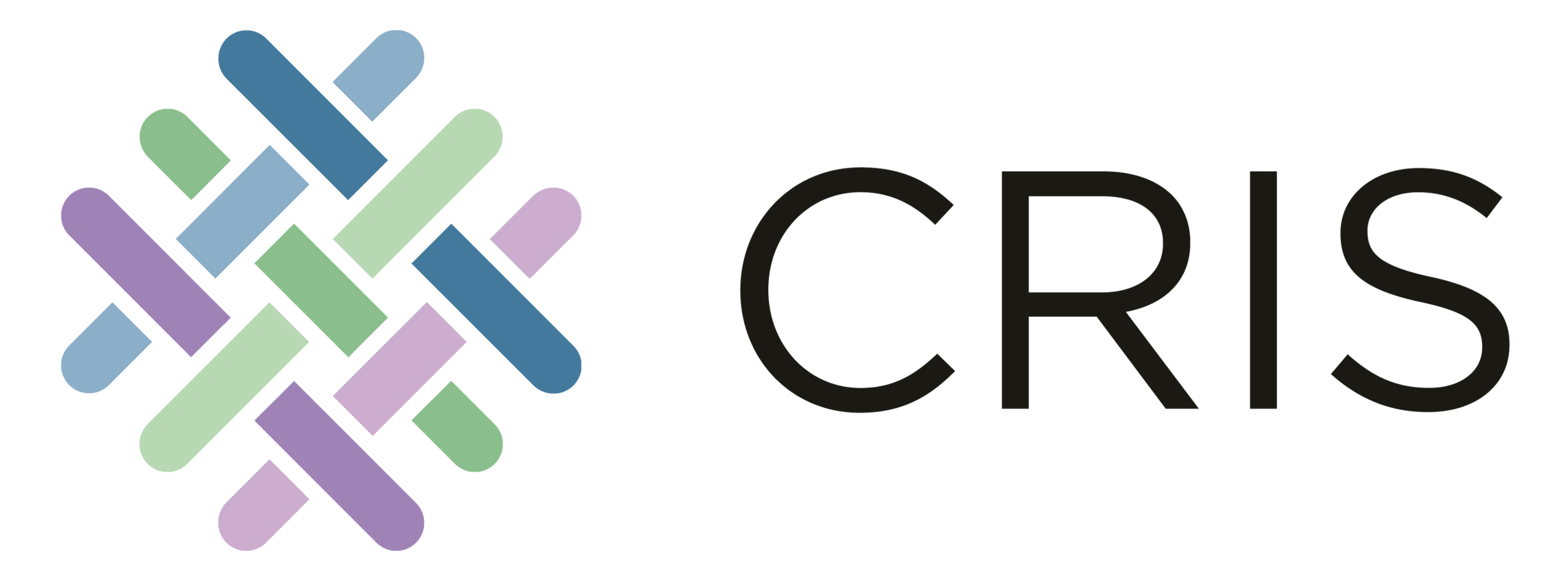
Enhancing Digital Participation Amongst Refugee and Migrant Background Youth Project: Key Findings and Recommendations for Policy and Practice
When given access to resources and support young people can rely on technology for work, education, socialising and health. For instance, technology enables online job interviews, virtual classrooms, connectivity to online support groups, and telehealth appointments. However, young people from refugee and migrant backgrounds have faced digital inclusion challenges, highlighted during the COVID-19 pandemic lockdowns.
This research investigated and identified the factors that can enhance digital participation amongst refugee and migrant background youth in Victoria, Australia. We have a diverse team of researchers and community partners collaborating with young people from refugee and migrant backgrounds, and together will propose strategies to enhance participation in the digital world.

The Far-Left and Far-Right in Australia - Equivalent Threats? Key findings and Policy Implications
This briefing paper is the fourth and final output in ‘Symbiotic Radicalisation’, a project in our ‘Dynamics of Violent Extremism’ research stream. Symbiotic Radicalisation is a collaboration between researchers at the Institute for Strategic Dialogue (ISD) and the Institute for Sustainable Industries & Liveable Cities at Victoria University (VU). This paper provides an overview of key trends identified throughout this research program, which examines the online interplay between the far-left and far-right in Australia (with a focus on the State of Victoria) and considers the policy implications of this work.

Mapping young people’s social justice concerns: An exploration of voice and action
This report is the first phase of a two-phase action research project titled Building Activist Capacities of Young People Through Issue-based Campaigns.
The report explores key social issues facing young people aged 16 to 25 in Victoria, Australia, and examines how they respond to these issues. This study aims to better understand young people’s experiences of voice, the contexts and conditions in which they can cultivate their voices for social change, and where their voices resonate.
Read the summary and key findings here.
Alison Baker, Lutfiye Ali
This report has been designed using images from Freepik.com.




